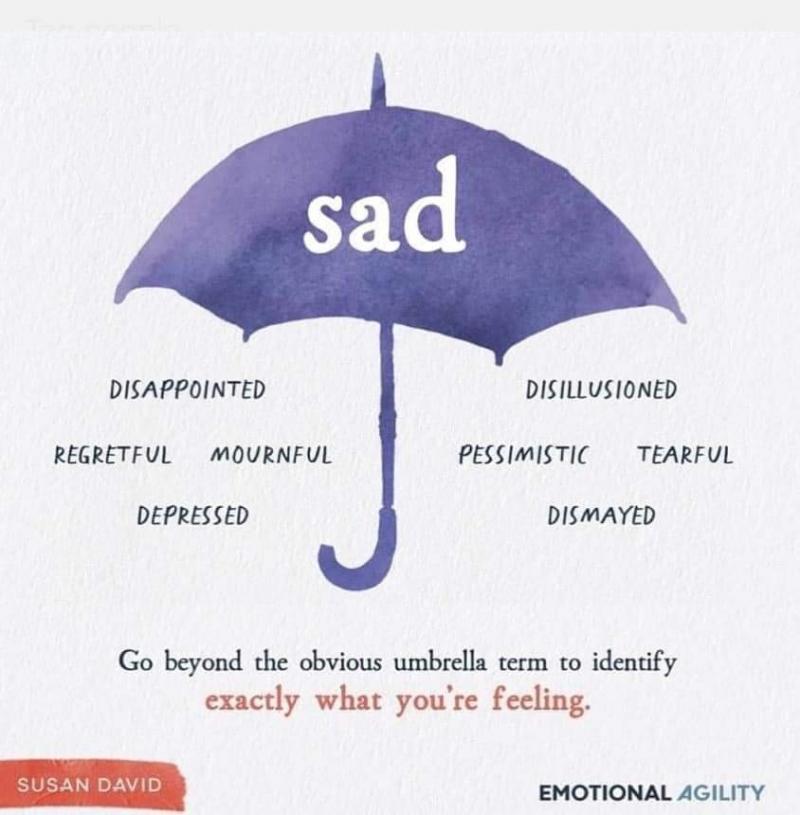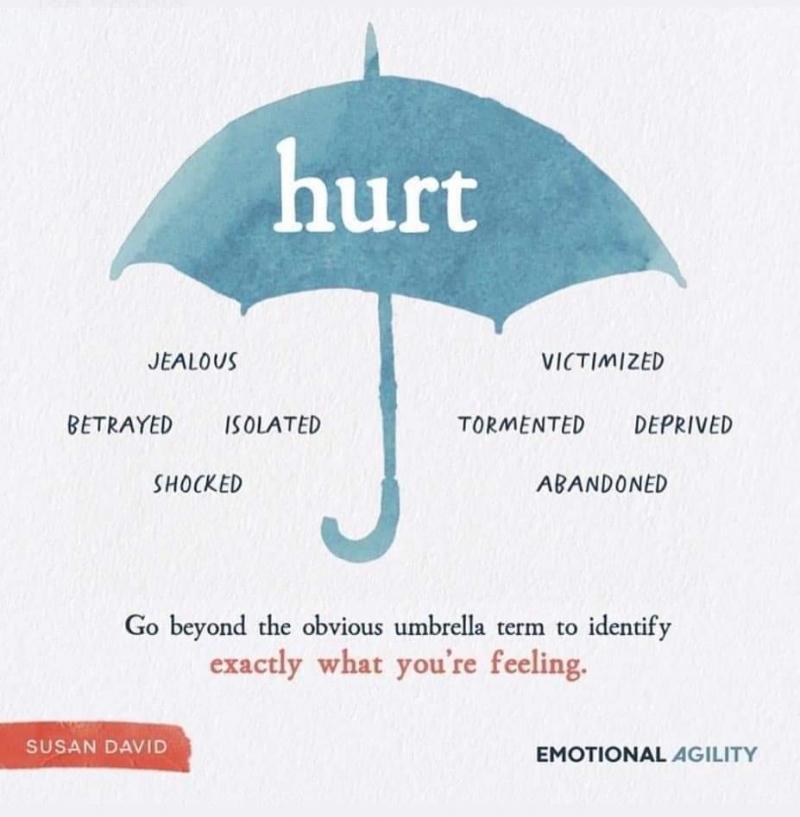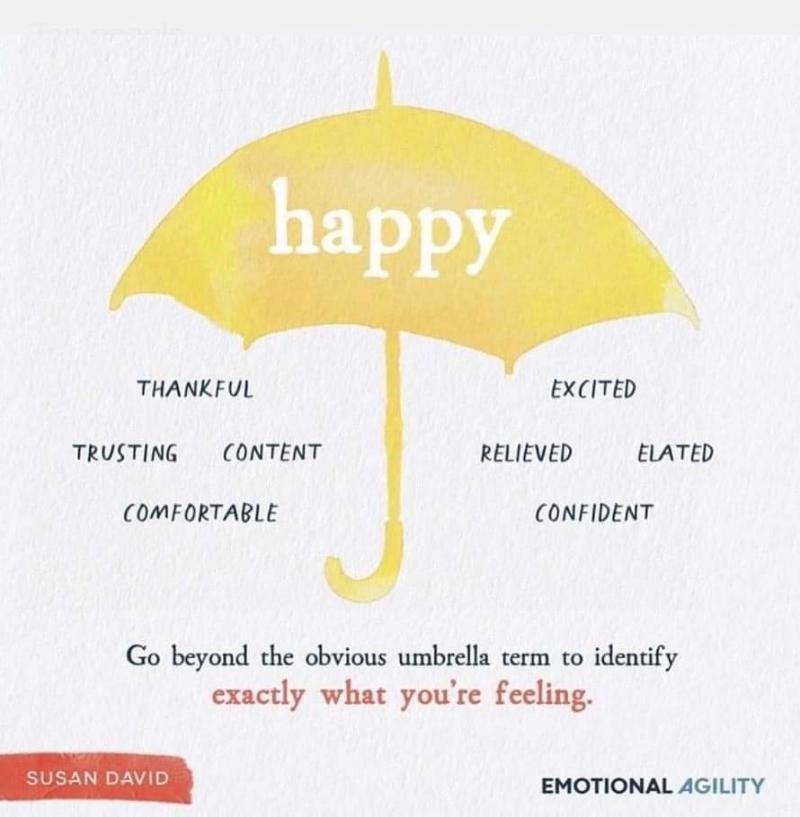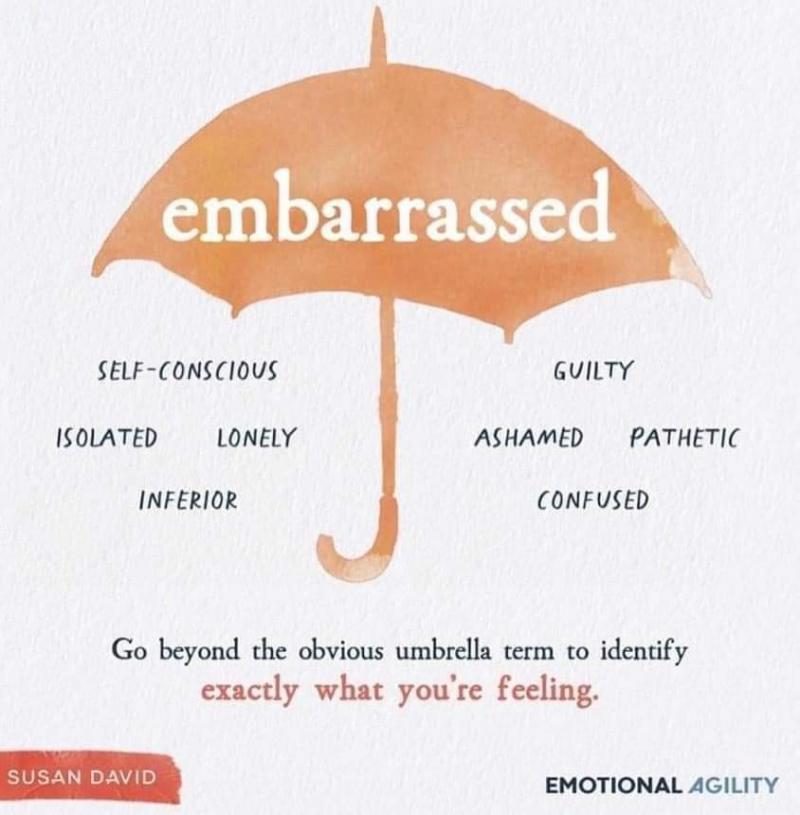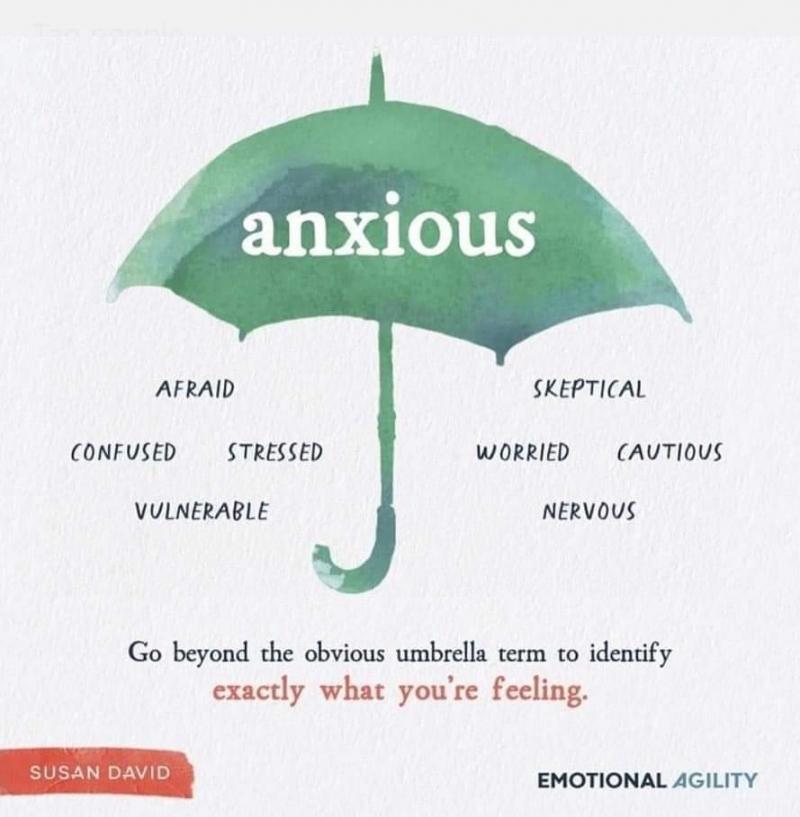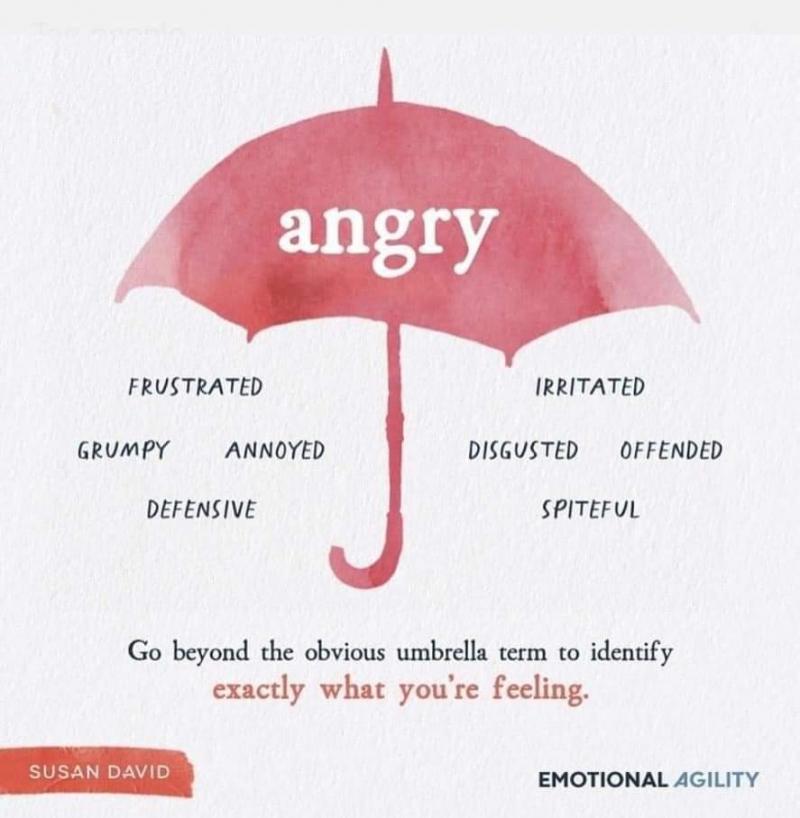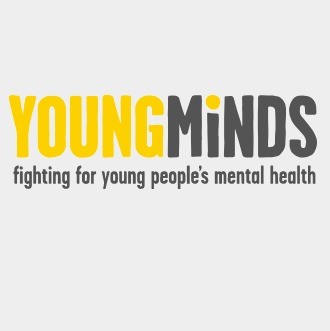Feelings

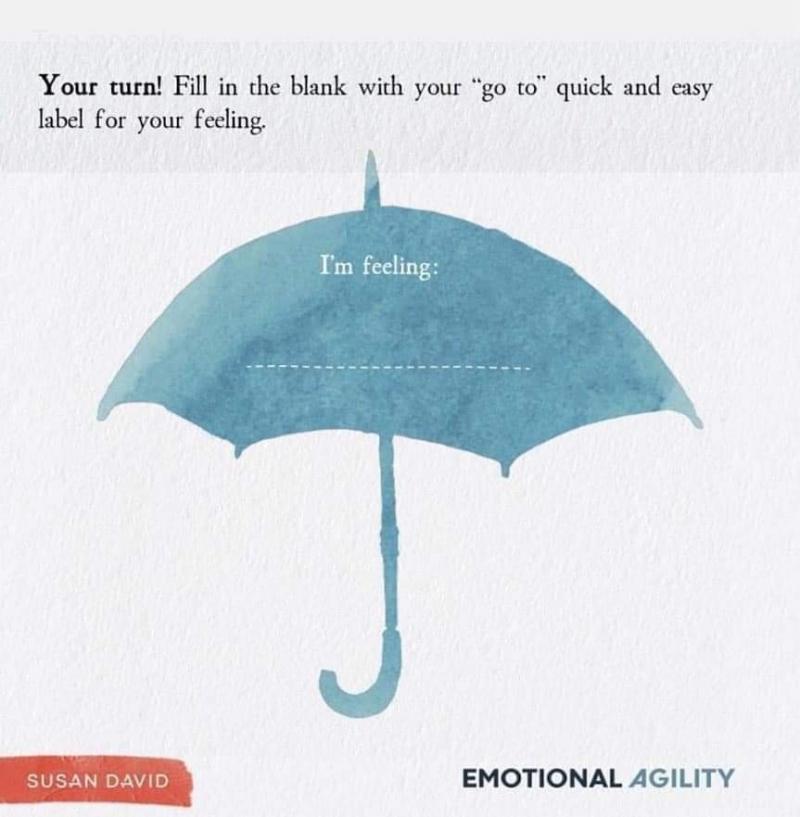
Feelings are delicate, they’re complicated. Many times, they’re not what they seem. There’s something lying just beneath the surface. Talking about them, we’ve got to get specific instead of “vague” descriptions of feelings. Because, being vague it can lead to misidentification, miscommunication and misunderstanding. Identifying them more specifically allows you to address them, increases the opportunity for internal and external reconciliation.
Take anger – unaddressed anger rarely leads to good outcomes. Yes, we can be angry with ourselves, but we’re often angry at another person. So that’s what people assume when they seeing you looking angry – “they’re angry at me”. People are more likely to be understanding of you if you’re grumpy than angry. They may see you looking grumpy think you’re angry (and that’s not such an unreasonable assumption sometimes) and think the worst. They may think “what did I do,” “what did I say,”, “why would they be angry at me, I should be angry at them.” If you just went ahead and told them “it’s not you, I’m grumpy” – it gives the other person an opportunity to comfort you. Another one is frustration. Being frustrated can look a lot like anger especially when you project it onto others. But maybe you’re frustrated with yourself
– let the other person know. They may be able to help you think it through, instead of letting them think you’re angry at them. Bottom line don’t say nothing and let people think the worst.
“use your words”
Go ahead and use your words to address the feelings within feelings and let others help you with this and by practicing this we not only build connection in relationships but it also nurture one’s mental health.
For this very reason encourage yourself and your kid(s) to use words.
